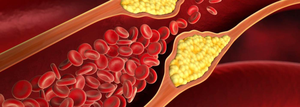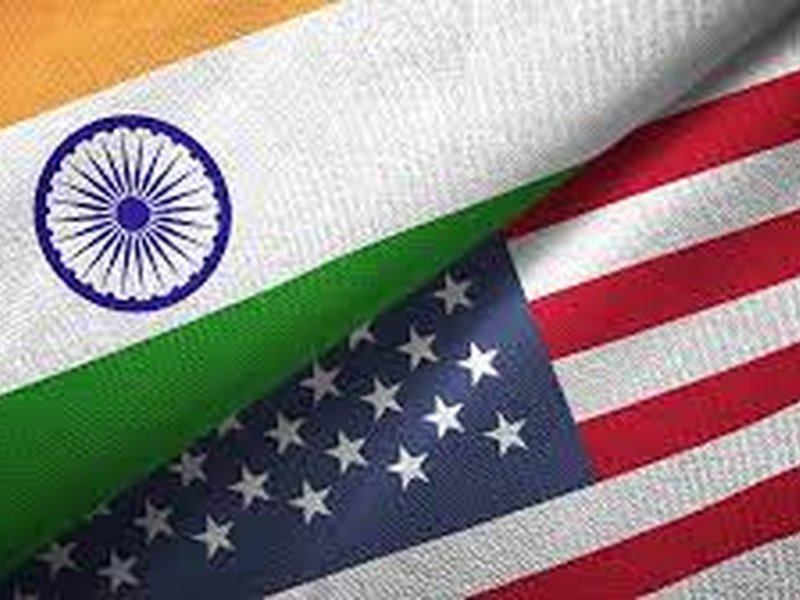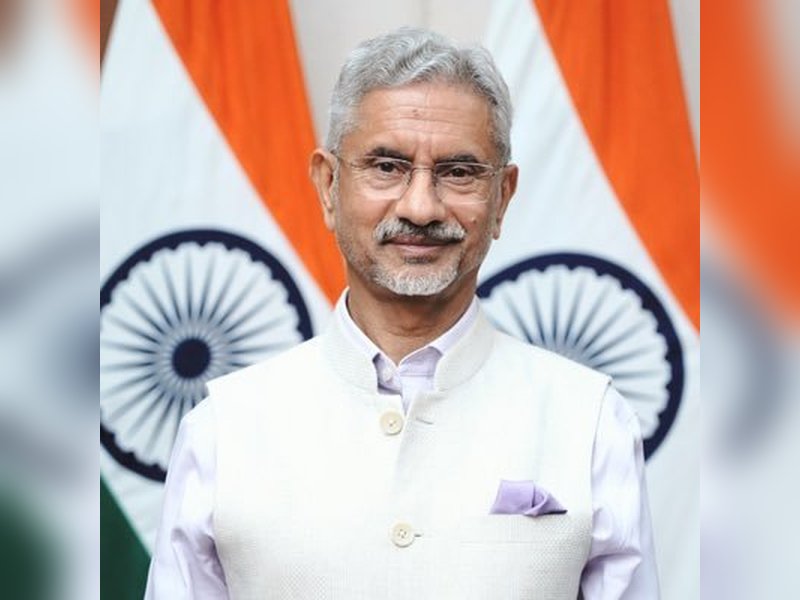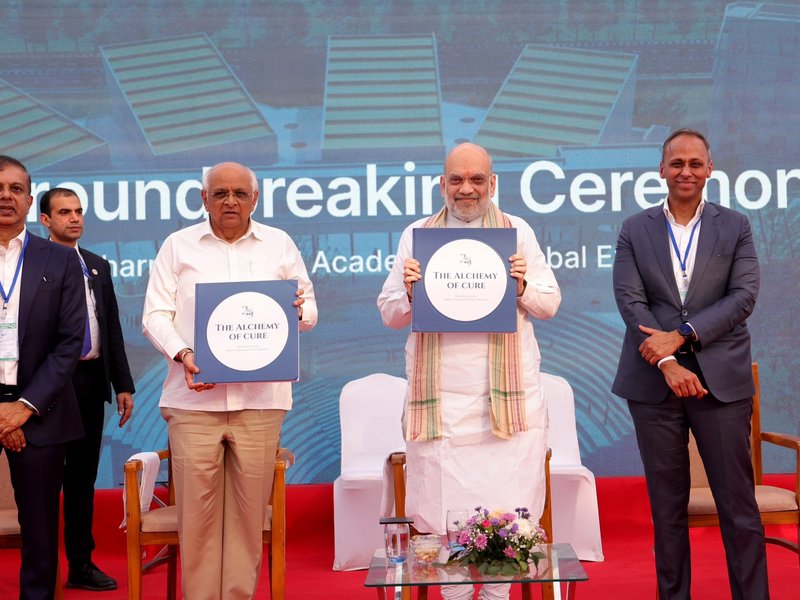New Delhi, April 23 (IANS) A team of interdisciplinary researchers at the Institute of Advanced Study in Science and Technology (IASST) in Guwahati, an autonomous institute under the Department of Science and Technology (DST), has developed an optical sensing platform for cholesterol detection, based on silk fibre functionalised using phosphorene quantum dots, it was announced on Wednesday.
A point-of-care (POC) device has been developed in the laboratory scale for detecting cholesterol using this, according to a Ministry of Science & Technology statement.
It can sense cholesterol in trace amounts, even below the preferred range. It can be an efficient tool for routine monitoring of cholesterol levels in the human body.
The platform developed for cholesterol detection can help identify early symptoms of diseases like atherosclerosis, venous thrombosis, cardiovascular diseases, heart disease, myocardial infarction, hypertension, and cancer.
The project, led by Neelotpal Sen Sarma, a retired professor; Dr Asis Bala, an Associate Professor; and Nasrin Sultana, a DST INSPIRE Senior Research Fellow incorporated the material – the silk fibre -- into a cellulose nitrate membrane to create an electrical sensing platform for cholesterol detection.
The synthesised sensors were highly sensitive as well as selective for cholesterol detection. Furthermore, the electrical sensing platform generates no e-waste, a key advantage of the fabricated device.
Both sensing platforms respond similarly to real-world media such as human blood serum, experimental rat blood serum, and milk. The work has been published in the “Nanoscale” Journal, published by Royal Society of Chemistry.
Detecting fatal diseases at their earliest symptoms is essential, as abnormal biochemical markers may sometimes accompany such disorders. Therefore, reliable point-of-care (POC) detection of biomarkers associated with these diseases is necessary for personalized health monitoring.
Cholesterol is an essential lipid in humans, produced by the liver. It is the precursor for vitamin D, bile acids, and steroid hormones. Cholesterol is necessary for animal tissues, blood, and nerve cells, and it is transported by blood in mammals.
There are two types of cholesterol: LDL (low-density lipoprotein), often referred to as 'bad' cholesterol because it can accumulate in the walls of arteries and contribute to severe diseases, and HDL (high-density lipoprotein), known as 'good' cholesterol.
--IANS
na/












